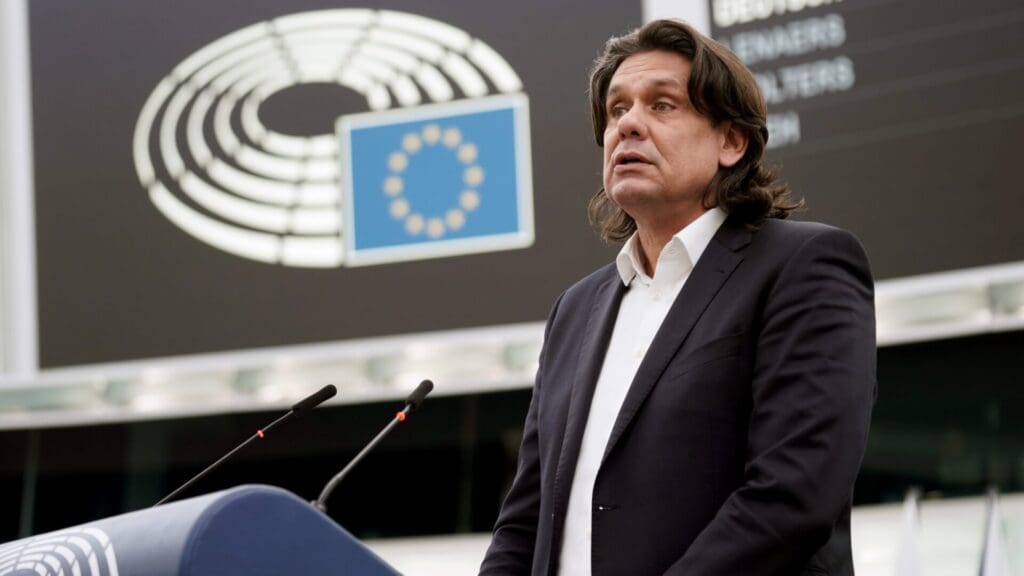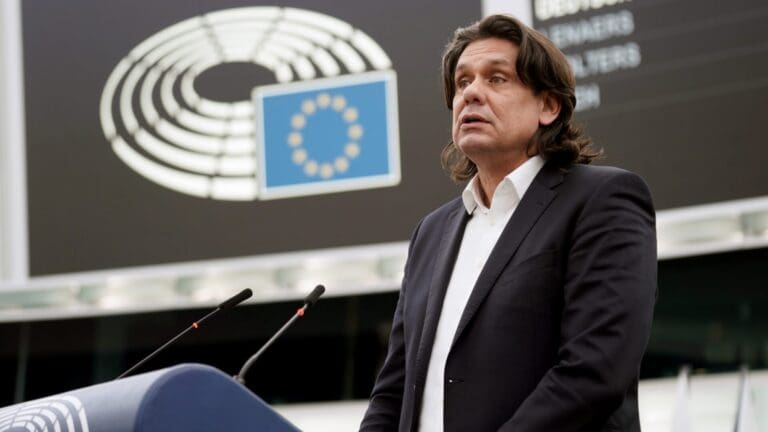The series of undercover footage featuring Action for Democracy operatives, released on the social media platform X, has just yielded another major revelation. A member of the left-wing, Soros-funded activist group named Eric Koch can be seen and heard discussing how he was pressuring major American news outlets to cover the 2022 Hungarian election according to the liberal narrative.
‘I was in David Chalian’s ear at CNN every other day, like “Hey, when the time comes, Hungarian elections: big deal”….The president of NBC News [Noah Oppenheim], I was emailing him, saying “This is going to be a big deal, you’ve got to cover it”. Eventually, NBC covered it in a big way,’ Koch said in the recording.
In another recording, he talks about constantly bombarding around 1,500 lower-level journalists with his requests to spread negative news about the Orbán administration.
In response, the Hungarian political magazine Mandiner reached out to a number of foreign journalists for clarification on the matter. However, only one of them responded. Justin Spike, the Budapest-based American correspondent for the American news agency Associated Press confirmed that he in fact was contacted by A4D activists during the time of the 2022 parliamentary elections in Hungary.
‘Although I have received several mailing list-type emails from this person [Eric Koch], I have never replied to them or contacted him or his organization,’ Spike wrote to Mandiner’s inquiry.
Despite denying having direct communication between himself and Action for Democracy, the journalist has published multiple articles covering the Hungarian election that conform with the progressive narrative about the country. In them, he often accuses the Orbán administration of being too closely tied with President Vladimir Putin of Russia; and of being anti-democratic as well.
No other major Western media outlet has publicly confirmed or denied cooperating with the Action for Democracy group.
Revelations from Action For Democracy
This is just the latest development from the undercover footage surfaced on the social media platform X of conversations with A4D operatives.
Last month, footage of retired general Wesley Clark, an advisory board member of the leftist American NGO, was published. In it, he talked about how Americans would not want a foreigner trying to control their domestic politics the way George Soros is trying to do in Hungary—while Soros was born in Hungary, he has been living in the US since 1956.
Given that even opposition coalition candidate Péter Márki-Zay admitted openly to have collaborated with Action for Democracy for his campaign, the newly established Sovereignty Protection Office has announced it is launching an investigation into potential foreign election interference.
Related articles:








